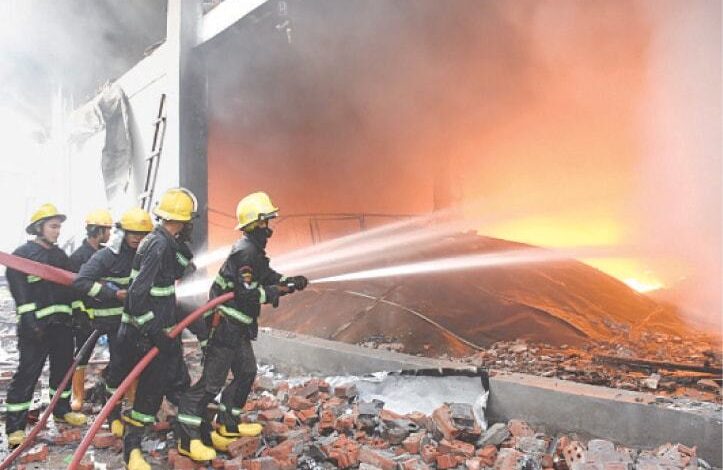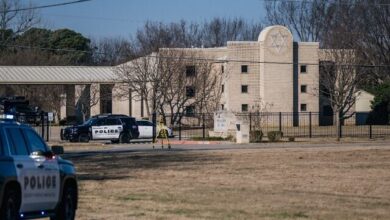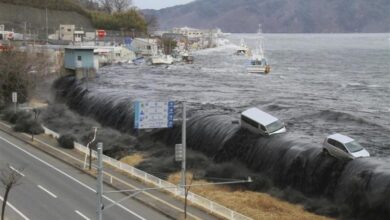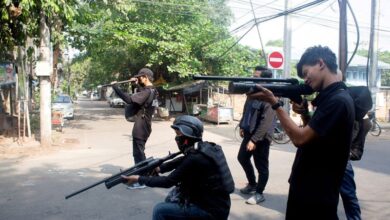
YANGON: Myanmar troops fired at anti-coup protesters on Wednesday, killing at least 13 people and wounding several, media said, as a series of small blasts hit the commercial capital Yangon and a Chinese-owned factory was set on fire.
The country’s military ruler said the civil disobedience movement was “destroying” Myanmar.
More than 580 people have been killed, according to an activist group, in the turmoil in Myanmar since a Feb 1 coup that ended a brief period of civilian-led democracy. Nationwide protests and strikes have persisted since then despite the military’s use of lethal force to quell the opposition.
Security forces opened fire on Wednesday on protesters in the northwestern town of Kale as they demanded the restoration of Aung San Suu Kyi’s civilian government, domestic media said.
A resident of the area and the Myanmar Now news outlet said 11 people were killed and several wounded.
Reuters could not independently verify the toll.
Two protesters were killed in the town of Bago near Yangon, Myanmar Now said.
At least seven small explosions were heard in Yangon, including at government buildings, a military hospital and a shopping mall, residents said. There were no casualties and no claims of responsibility.
The US Embassy in Yangon said it had received reports of “handmade ‘sound bombs’, or fireworks meant to create noise and cause minimal damage”.
A fire broke out in the Chinese-owned JOC Garment Factory in Yangon on Wednesday, the Fire Department said. There were no reports of casualties and no details on the extent of damage.
In another Yangon neighbourhood, activists set fire to the Chinese flag, according to pictures posted on Facebook.
China is viewed as being supportive of the military junta and last month arson attacks were made on 32 Chinese-invested factories in Yangon.
Details of the blasts and the fire were difficult to obtain because of the junta’s curbs on broadband internet and mobile data services.
A spokesman for the junta could not be reached for comment.
Senior General Min Aung Hlaing, the head of the junta, said in a statement on Wednesday the civil disobedience movement, or CDM, had halted the working of hospitals, schools, roads, offices and factories.
“Although protests are staged in neighbouring countries and the international community, they do not destroy businesses,” he said. “CDM is an activity to destroy the country.”
According to the Assistance Association for Political Prisoners (AAPP) advocacy group, 581 people, including dozens of children, have been shot dead by troops and police in almost daily unrest since the coup, and security forces have arrested close to 3,500 people, with 2,750 still detained.
Among those detained are Suu Kyi and leading figures in her National League for Democracy party, which won an election in November that was annulled by the coup.
The mostly youth-led anti-coup movement’s ability to organise campaigns and share information via social media and instant messaging has been hamstrung by the internet curbs.
“Myanmar has been subject to a stepwise collapse into the information abyss since February,” Alp Toker, founder of internet blockage observatory NetBlocks, said.
“Communications are now severely limited and available only to the few.”
With print media also halted, protesters have sought other ways to get their message across, producing their own A4-sized daily news pamphlets that are shared digitally and printed for distribution among the public.







